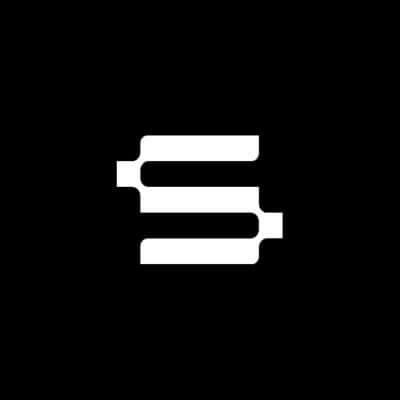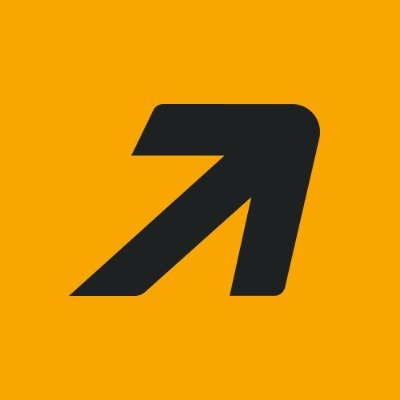Python for Beginners: How to Learn Python Language from Scratch in 2025
Kickstart your coding journey! Learn Python basics, explore top careers, and get expert tips in this 2025 Python guide for students and beginners.
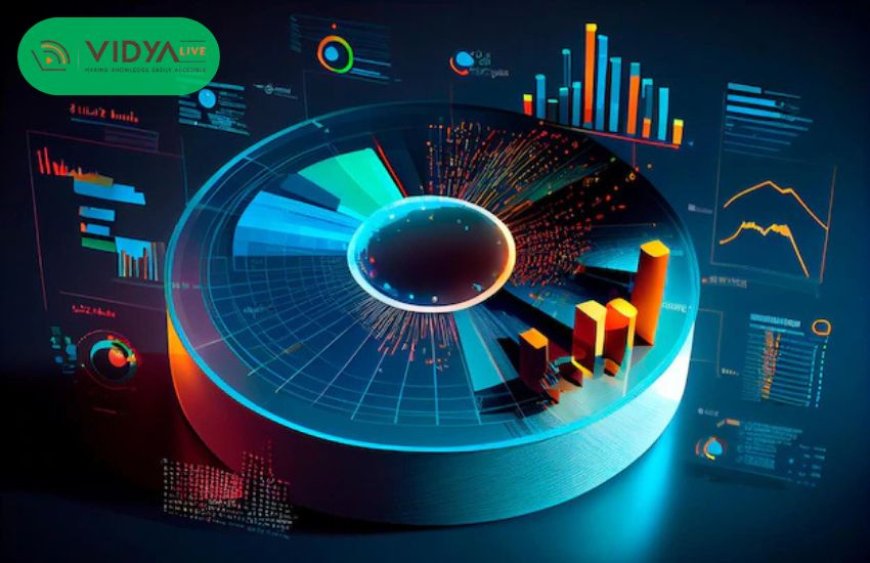
What is Python?
Python is a high-level, easy-to-read programming language used for building websites, automating tasks, analyzing data, creating software, and more. It’s known for its clear syntax and readability, which makes it perfect for beginners. Whether you want to build an app, crunch numbers, or dive into artificial intelligence, Python can do it all.
Why is Learning Python So Beneficial?
Learning Python programming in 2025 can open up many doors. It's not only used by tech giants like Google and Netflix, but also by startups, data analysts, and researchers. Here's why it's so valuable:
-
Beginner-friendly: Python has a simple syntax that's easy to learn.
-
Versatile: Use it in web development, machine learning, automation, and more.
-
High demand: Python developers are in demand across the globe.
-
Community support: Millions of learners and experts share their knowledge online.
-
Courses available: Many structured programs like online BCA in Python are now available.
How Long Does It Take to Learn Python?
Learning Python basics can take a few weeks, while mastering advanced topics may take a few months. The timeline depends on your background, goals, and how much time you can spend each day.
Here’s a rough idea:
-
1–4 weeks: Basics (syntax, variables, loops, functions)
-
1–2 months: Intermediate topics (file handling, OOP, libraries)
-
3–6 months: Build projects, explore Python machine learning, or prepare for a job
How to Learn Python in 2025: 6 Steps for Success
Want to learn Python the smart way? Follow these six steps:
1. Start with the Basics
Learn about data types, variables, if-else statements, loops, and functions. This is the core of every Python program.
2. Practice Every Day
Code a little daily. Use platforms like HackerRank, LeetCode, or simply write small programs to reinforce your learning.
3. Take an Online Course
Join a structured course like online BCA in Python or take self-paced programs on Coursera, edX, or Udemy.
4. Use Python Online
Platforms like Replit or Google Colab let you run Python code directly in your browser—no setup needed!
5. Build Mini Projects
Create a calculator, to-do app, or number guessing game. Projects are the best way to learn.
6. Connect with a Python Tutor
If you're stuck, a Python tutor can guide you and make the learning process easier and faster.
An Example Python Learning Plan
Here’s a sample learning roadmap for python for beginners:
Week 1–2:
-
Learn syntax, variables, data types
-
Write simple programs like calculators
Week 3–4:
-
Loops, functions, error handling
-
Build a small number game or to-do list
Month 2:
-
Learn object-oriented programming
-
Explore modules like random, math, os
-
Build a real-world mini project
Month 3+:
-
Start working on python coding challenges
-
Learn basics of web or data science
-
Try using libraries like Pandas or Flask
6 Top Tips for Learning Python
-
Stay consistent – even 30 minutes a day is powerful
-
Use visuals – draw flowcharts to understand logic
-
Break code into steps – write and test bit by bit
-
Ask questions – use Reddit, Stack Overflow, or a mentor
-
Teach others – explaining helps you learn better
-
Celebrate small wins – every project you finish counts!
The Best Ways to Learn Python in 2025
Self-Study
Books and tutorials like “Automate the Boring Stuff with Python” are great for independent learners.
Python Online Platforms
Sites like Vidyalive, SoloLearn, and W3Schools offer free and interactive courses.
Formal Education
Enroll in a BCA online in Python program. These give structure, mentorship, and job-ready skills.
Python Tutor
A personal or online tutor can give you direct feedback, track your progress, and help when you're stuck.
Python for Business Users
You don’t need to be a developer to use Python. Business professionals use Python language for:
-
Data analysis and visualization
-
Automating reports and tasks
-
Cleaning spreadsheets and CSV files
-
Connecting to APIs (for finance, marketing, etc.)
Python helps business users become more productive without relying on IT teams.
The Top Python Careers in 2025
Python skills can lead you to many exciting careers:
-
Python Developer – builds web apps, scripts, and backend systems
-
Data Scientist – uses Python for data analysis, machine learning, and visualization
-
AI/ML Engineer – builds smart models for automation
-
Web Developer – uses frameworks like Django or Flask
-
Automation Engineer – writes scripts to reduce manual work
How to Find a Job That Uses Python
-
Build a strong resume with your projects and skills
-
Upload code to GitHub – show off your work
-
Apply for internships and freelancing gigs
-
Search job boards like LinkedIn, Internshala, or Upwork
-
Graduate with a degree like online BCA in Python for added value
Bonus tip: Add “Python” and “Python developer” as skills on your LinkedIn profile for better visibility!
Final Thoughts
Whether you're a student, career switcher, or curious learner, learning Python in 2025 is one of the smartest choices you can make. It’s easy to start, in high demand, and extremely powerful. From python basics to building full apps or diving into python machine learning, your journey begins with one simple step—writing your first line of code.
With platforms offering structured programs like online BCA in Python, and so many free resources available, there's no better time to start than now.
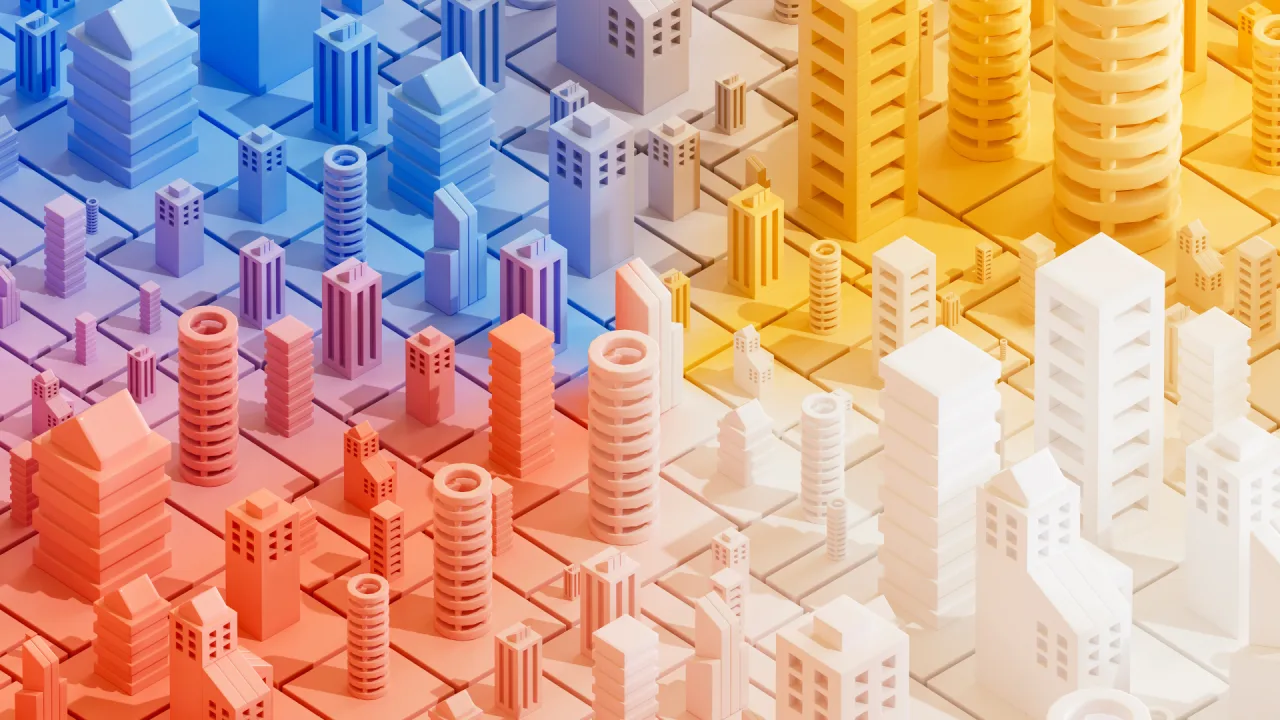





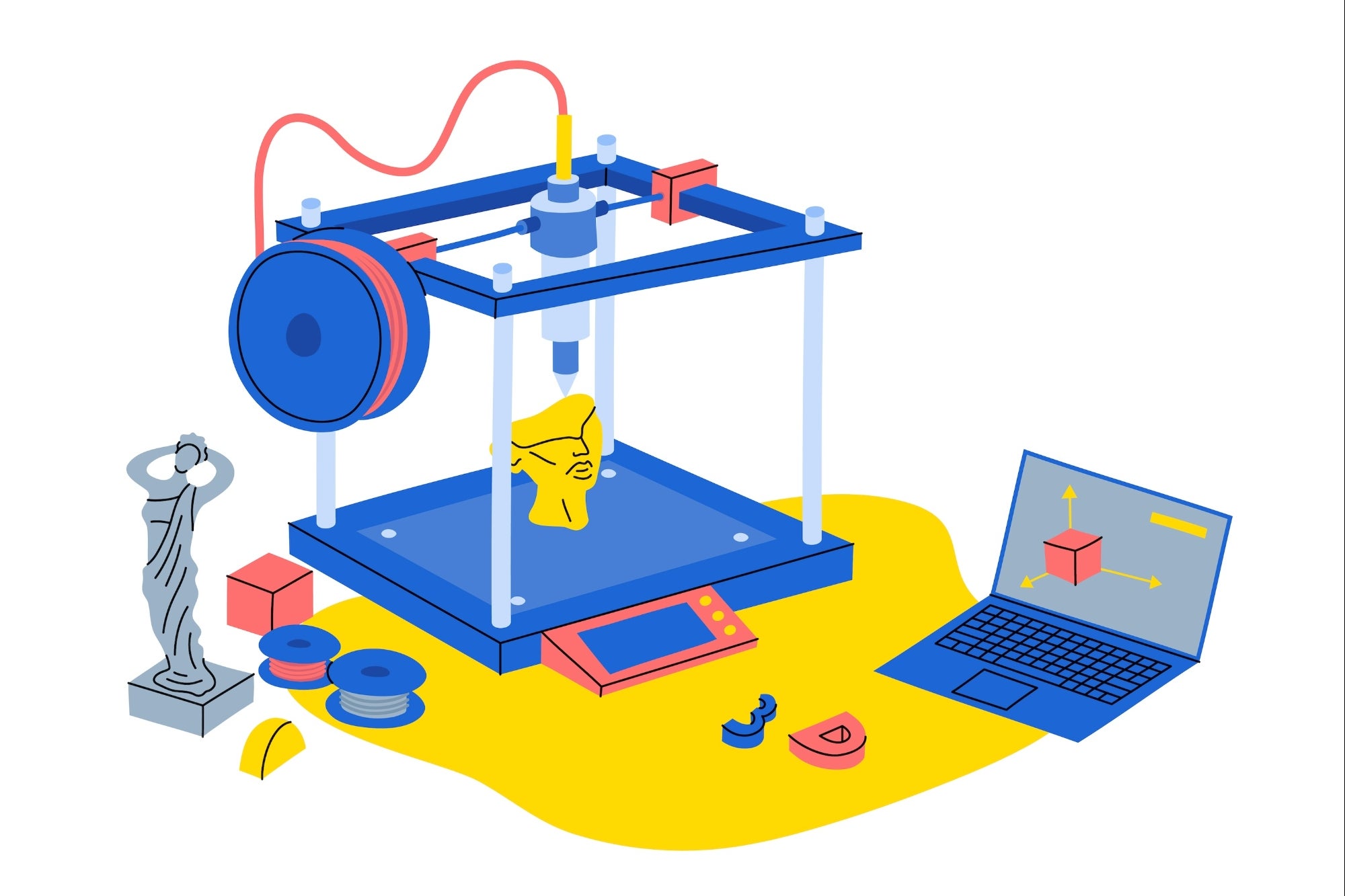






























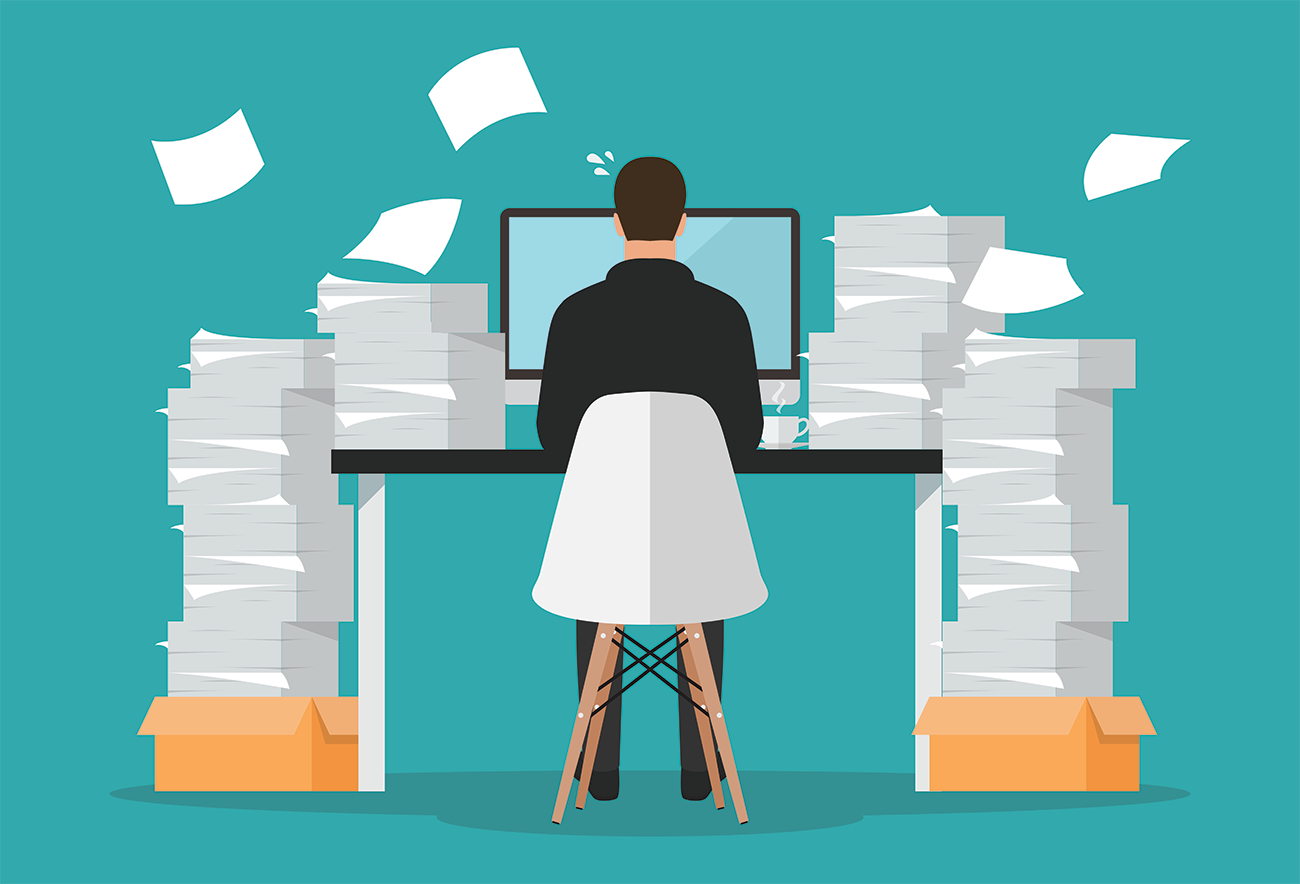
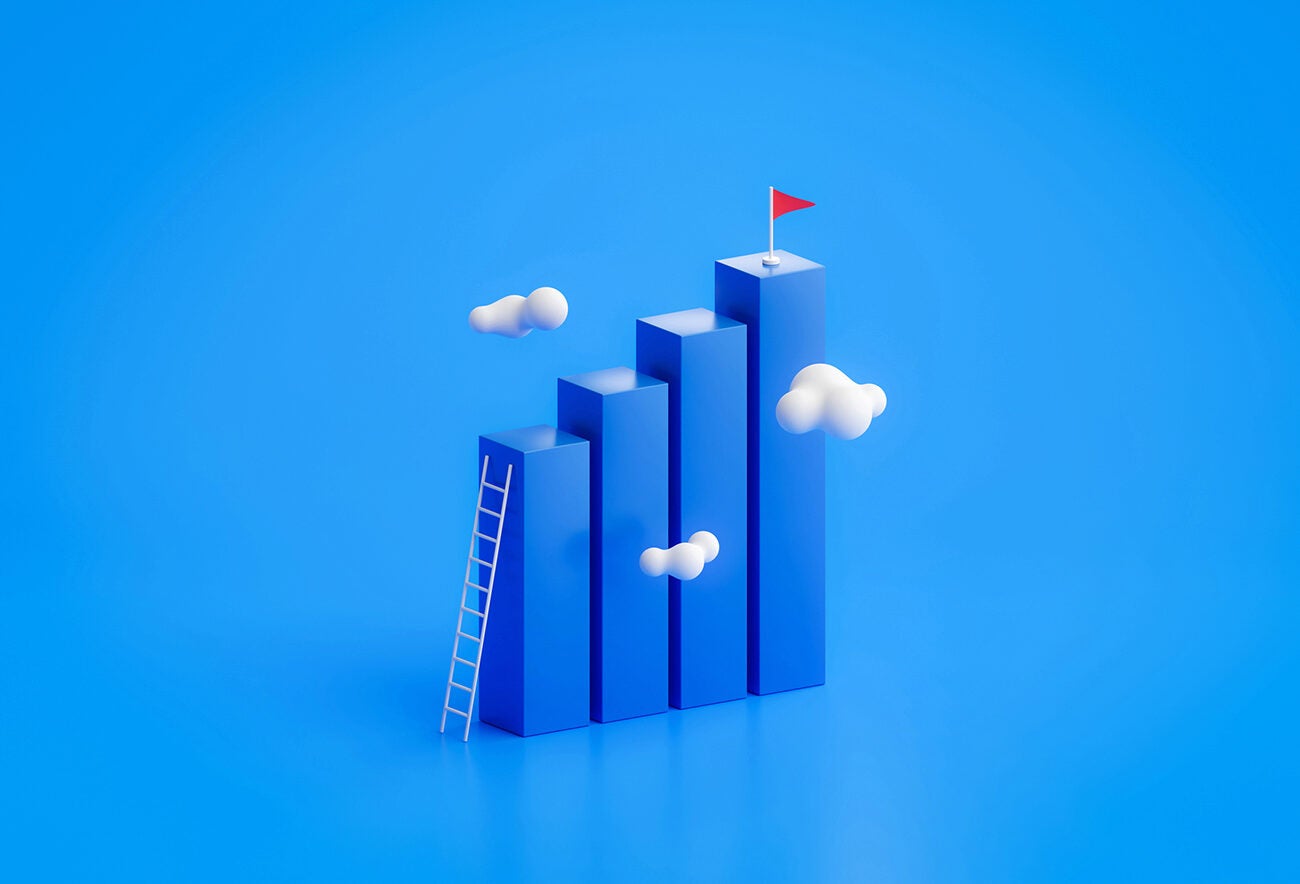




































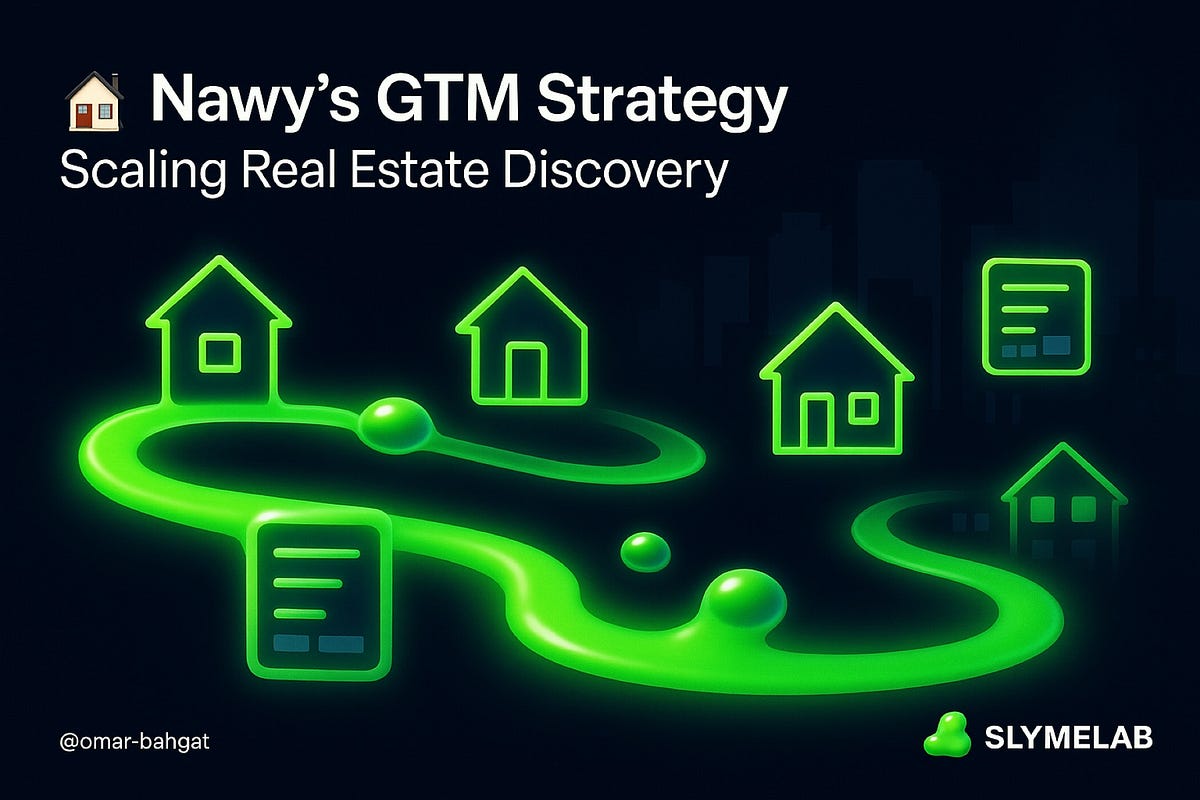


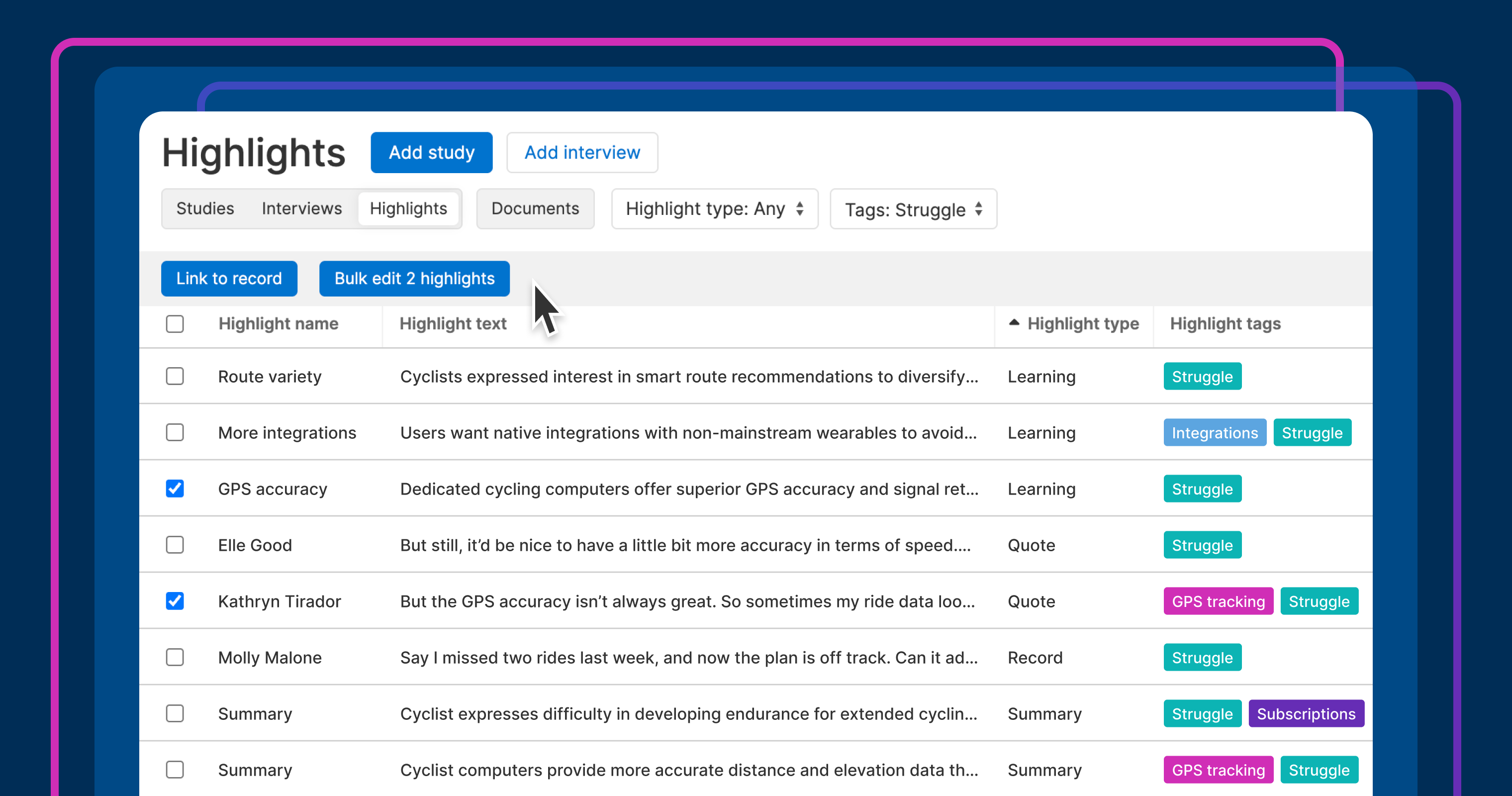
























![Building A Digital PR Strategy: 10 Essential Steps for Beginners [With Examples]](https://buzzsumo.com/wp-content/uploads/2023/09/Building-A-Digital-PR-Strategy-10-Essential-Steps-for-Beginners-With-Examples-bblog-masthead.jpg)























